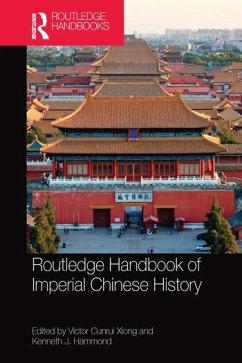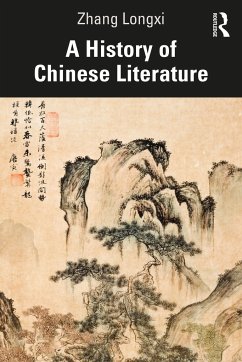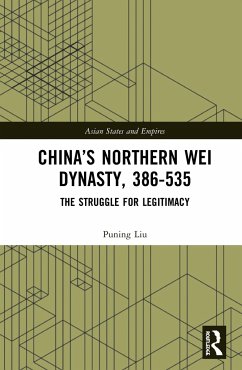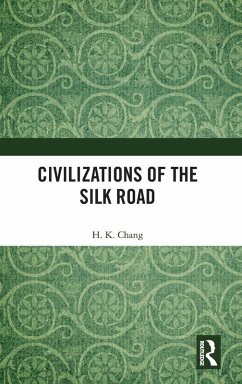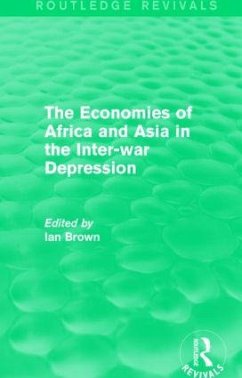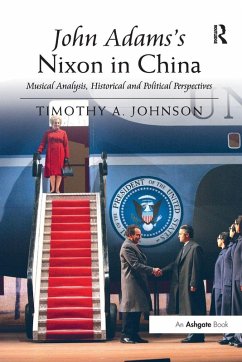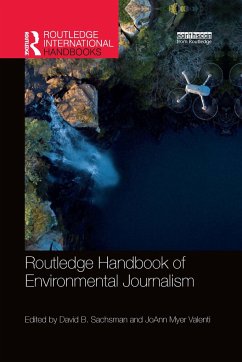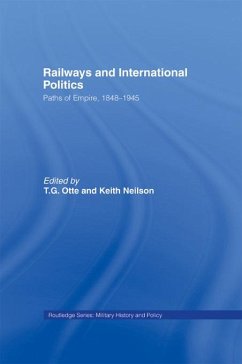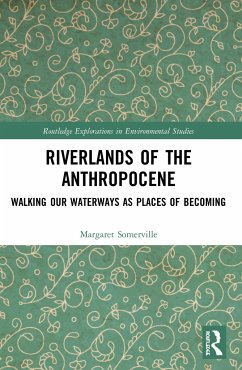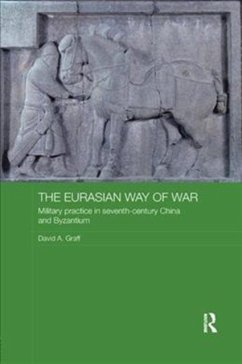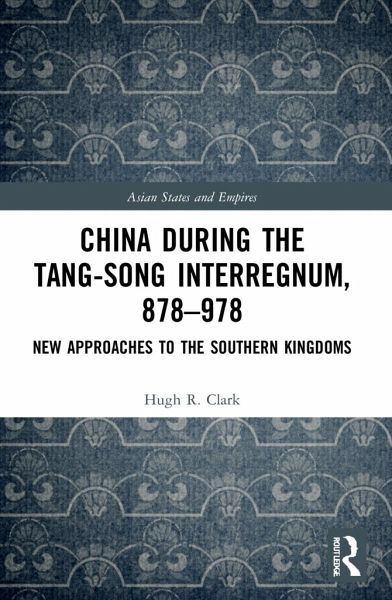
China during the Tang-Song Interregnum, 878-978
New Approaches to the Southern Kingdoms
Versandkostenfrei!
Versandfertig in 6-10 Tagen
43,99 €
inkl. MwSt.
Weitere Ausgaben:

PAYBACK Punkte
22 °P sammeln!
This book challenges the long-established structure of Chinese history around dynasties, adopting a more "organic" approach which emphasises cultural and economic trends that transcend arbitrary dynastic boundaries. It argues that with the collapse of the Tang court and northern control over the holistic empire in the last decades of the ninth century, the now-autonomous kingdoms that filled the political vacuum in the south responded with a burst of innovative energy that helped set the stage for the economic and cultural transformations of the following Song dynasty. Moreover, it argues that...
This book challenges the long-established structure of Chinese history around dynasties, adopting a more "organic" approach which emphasises cultural and economic trends that transcend arbitrary dynastic boundaries. It argues that with the collapse of the Tang court and northern control over the holistic empire in the last decades of the ninth century, the now-autonomous kingdoms that filled the political vacuum in the south responded with a burst of innovative energy that helped set the stage for the economic and cultural transformations of the following Song dynasty. Moreover, it argues that these transformations and this economic and cultural innovation deeply affected the subsequent model of holistic empire which continues right up to the present and that therefore the interregnum century of division left a critically important legacy.





